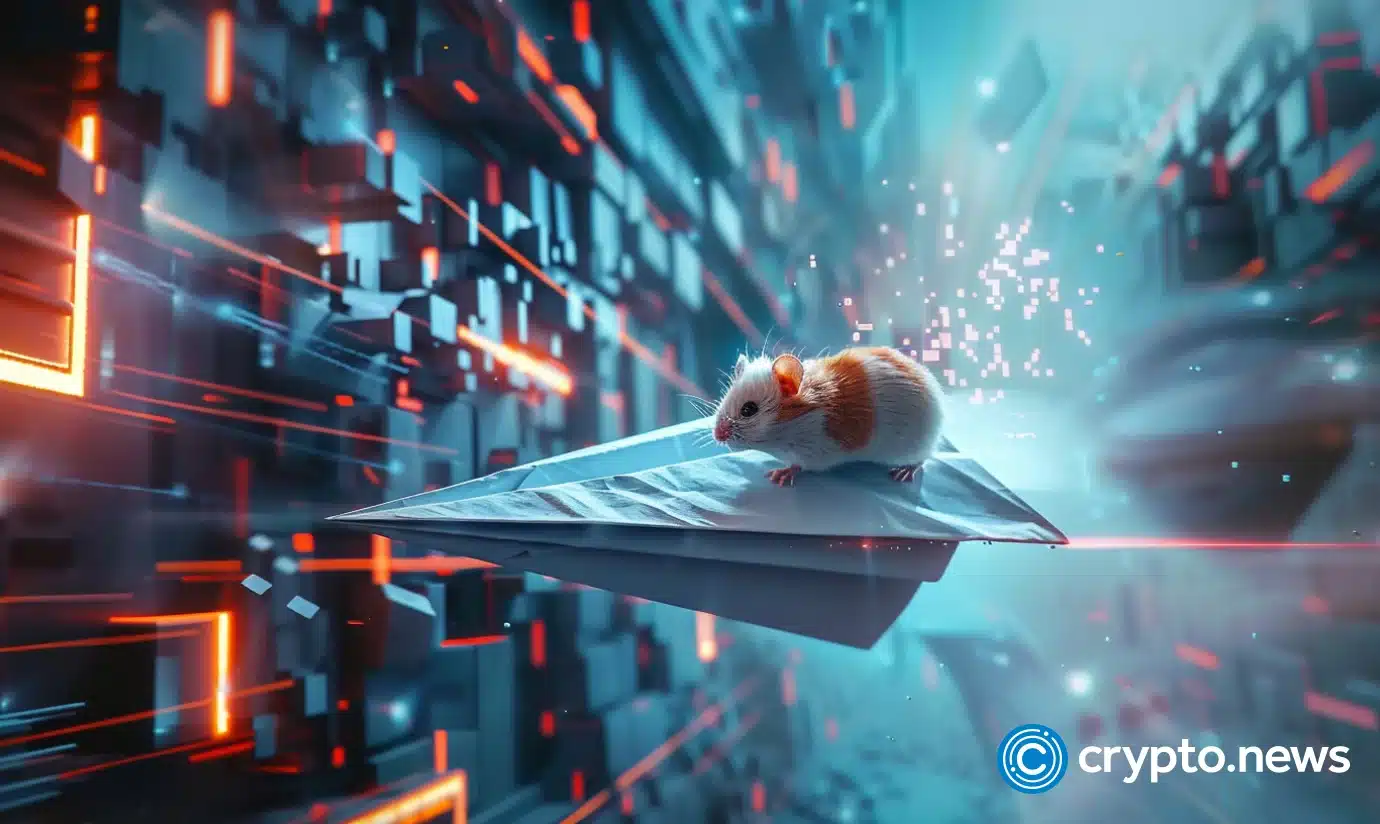With both Catizen and Hamster Kombat missing their airdrop deadlines, what are the underlying issues causing these delays?
Lately, there’s been a lot of buzz in the Telegram gaming community about two highly anticipated token airdrops: CATI from the puzzle game Catizen and HMSTR from the viral tap-to-earn game (T2E) Hamster Kombat.
Both were set to launch their tokens on The Open Network (TON) in July. As the end of the month approaches, neither has delivered on their promises, causing frustration among eager players.
Catizen’s creators, Pluto Studio, have openly addressed the delay, citing planning challenges.
Similarly, the Hamster Kombat team has hinted through social media that their token release might not happen this month either, despite their website still listing July as the target date.
Let’s understand what has happened and why there are delays.
Why Catizen’s airdrop is on pause
Catizen is a web3 social entertainment platform on Telegram, aiming to create a decentralized app that integrates mini-games, short dramas, and e-commerce.
Catizen boasts over 27 million active users worldwide and has handled more than 20 million on-chain transactions to date.
In addition to this success, Telegram founder Pavel Durov recently mentioned that Catizen earned $16 million from in-game purchases. Impressively, they also donated 1% of this amount to save homeless cats.
The planned airdrop of CATI tokens, which involves distributing 43% of all CATI tokens using the TON blockchain, was eagerly awaited by the Catizen community. However, the giveaway has been postponed.
According to Pluto Studio, the developer behind Catizen, several challenges have arisen during the planning stages. They cited the need to optimize key elements like securing leading exchanges, ensuring sufficient liquidity, and determining the listing price. Compliance and market sentiment have also played a role in this delay.
Pluto Studio also revealed that seed round investors, advisors, and the team will receive 0% of the CATI tokens at the token generation event (TGE). Instead, there will be a 12-month cliff period followed by a 4-year vesting schedule. This strategy is designed to align the interests of the developers and the community, ensuring the long-term value of the CATI token.
The team at Catizen has asked for patience and understanding from their community, promising that they are doing everything possible to deliver the anticipated results.
Besides the delay in launching their token, Pluto Studio has also faced player frustration due to a $100,000 donation they made to the animal rights nonprofit People for the Ethical Treatment of Animals (PETA) earlier this month.
This donation was part of an effort to share a portion of the game’s profits with charities helping stray cats. However, PETA’s controversial history of euthanizing animals that they deem beyond help has caused a backlash.
On July 29, Pluto tweeted that they had ‘received feedback’ about PETA’s practices and had ‘temporarily suspended’ the collaboration. They clarified that all Catizen donations to PETA would be used solely for feeding, vaccination, rescue, and adoption assistance.
Meanwhile, Bybit, the world’s second-largest cryptocurrency exchange by trading volume, has announced that it will list the CATI token on its pre-market trading platform on July 30.
Hamster Kombat’s airdrop delay
Hamster Kombat is a popular game built within the messaging platform Telegram. In Hamster Kombat, players act as the hamster CEO of a fictional crypto exchange, aiming to boost their startup to the top of the industry by investing in marketing, licenses, talent, new products, and more.
In just a few months, Hamster Kombat has amassed over 250 million players, making it a key player in the Telegram gaming community, although it has drawn criticism from government officials along the way.
In May, Hamster Kombat announced via Twitter their decision to launch their token, HMSTR, on the TON blockchain. Their website still indicates a July date for the TGE. However, as July comes to an end, the token has yet to be launched.
Recently, Hamster Kombat addressed the community through another tweet, explaining the situation. They highlighted the complexity of the technical task involved in the airdrop, considering the scale of Hamster Kombat as one of the biggest projects in the industry, which could result in the largest airdrop in history.
They assured players that they are actively working to make the airdrop happen smoothly, addressing potential network overload issues to ensure that every player receives their tokens.
The rise of Telegram-based crypto games in 2024
The year 2024 has been incredibly favorable for Telegram-based crypto games, which have seen heightened interest and massive user growth.
Leading the way is Notcoin (NOT), a game launched by Open Builders in early 2024. Notcoin’s success lies in its simple and engaging T2E mechanism, allowing users to earn cryptocurrency with ease.
Notcoin’s straightforward play model quickly gained popularity, propelling it into the top 100 coins by market cap. As of July 30, it ranks 63rd with a market cap of over $1.3 billion.
The success of Notcoin has also paved the way for other Telegram-based games like Hamster Kombat and Catizen, leveraging the popularity of the TON blockchain.
Other projects, such as YesCoin (YES) and TapSwap (TAPS), have also seen a surge in usage and popularity, contributing to the overall trend.
The current trend of heightened interest in Telegram-based crypto games suggests that the road is set for Hamster Kombat and Catizen to launch their airdrops successfully.





